(Continued from Part 1, Part 2, Part 3 and Part 4 from Nikkei Shinbun: Testimony of Dr. Madarame, in the third year of the accident: "Worst case scenario was possible for Fukushima" by Junichi Taki, editorial board member)
――14日夜から東電の撤退問題が浮上する
---The issue of TEPCO withdrawing from the plant surfaced in the evening of March 14, 2011.
「撤退問題の議論は3つの段階を経たように思う。海江田経産相が伊藤哲朗・危機管理監(当時)と安井正也・保安院付(当時)と私を呼んで、東電が全員撤退を考えていると伝えた。私は免震重要棟があるのでまだ頑張れるはずだ。いったん撤退してしまうと二度と戻れなくなり、1号から6号まですべての原子炉と燃料プールが危機にさらされると、撤退に反対した」
"I believe there were three stages of discussions regarding the withdrawal. Minister of Economy Kaieda called Deputy Chief Cabinet Secretary for Crisis Management Tetsuro Ito, NISA's Masaya Yasui and me and told us that TEPCO was considering complete withdrawal [from the plant]. I told them I was against the withdrawal. They could hang on in the Anti-Seismic Building. Once they withdrew they wouldn't be able to come back, and all reactors and spent fuel pools would be in danger."
「その後、政治家だけの相談があり、首相を起こして御前会議となった。撤退は許さないが結論で、清水正孝社長(当時)を呼ぶことになった」
"Afterwards, politicians met by themselves. Then we woke up the prime minister and held a meeting in front of him. The conclusion was that we wouldn't allow withdrawal, and that we would call TEPCO's President Masataka Shimizu [to the Prime Minister's Official Residence]."
■「清水社長がその場でごまかそうとしたとの印象はまったくなかった
"I didn't get the impression at all that President Shimizu was trying to make an evasive answer."
「清水社長は一人で総理執務室に入ってきた。清水社長が即座に『撤退は考えていない』と話したので、私は『聞いていたのと話が違う』と思った。清水社長がその場でごまかそうとしたとの印象はまったくなかった。なにか誤解があったのかもしれない。ただ経営者としてこのままでは部下が死ぬ可能性があると思ったとき、ほかに手だてはないかと考えていたとしてもおかしくはない
"President Shimizu came into the Prime Minister's Office all by himself. He immediately said he was not thinking of withdrawal. I thought, 'That's not what I was told.' I didn't get the impression at all that President Shimizu was trying to make an evasive answer on the spot. There may have been some misunderstanding. But it was possible that he was thinking of some other way when he, as the president, thought his men could die."
班目氏の行動(3月14日)
9:53 原子力災害対策本部の会合(この後、首相応接室を退去し官邸5階の小部屋などに滞在、呼び出しに応じ応接室へ)
11:01 首相応接室のテレビで3号機水素爆発を確認
11:40 官房長官記者会見に同席
13:40ころ 東電から福島第1で働く人の線量限度引き上げの要望、国際基準などを関係者に説明
16:15 吉田所長と電話で話し、2号機逃し安全弁の開放を急ぐよう助言
18:00ころ 20~30km圏内の屋内退避を首相に助言、福山副官房長官室で米国へ提供する情報の整理
21:03 官房長官記者会見に同席
Dr. Madarame on March 14, 2011:
9:53AM Meeting of the Nuclear Disaster Response Headquarters (afterwards he stayed in a room on the 5th floor of the PM Official Residence, and went to the drawing room when called)
11:01AM Saw Reactor 3 hydrogen explosion on TV in the PM drawing room
11:40AM Accompanied Chief Cabinet Secretary in press conference
1:40PM Explained to people involved about TEPCO's request [?} to raise the dose limit for workers at Fukushima I NPP and international standards
4:15PM Spoke with Plant Manager Yoshida on the phone, advised him to open the Reactor 2's [steam] relief safety valve as soon as possible
6:00PM Advised Prime Minister to designate areas between 20 and 30 kilometers radii as sheltering indoors, compiled information to be provided to the US
9:03PM Accompanied Chief Cabinet Secretary in press conference
Two things here that I didn't know - that Mr. Kan was asleep, and that Mr. Shimizu came to the PM Official Residence alone. The latter was rather surprising, as I remember Mr. Shimizu at that time being portrayed as ineffective, weak and timid, who could never be able to stand in front of politicians - let alone the irascible PM Kan.
Mr. Naoto Kan continues to take crecit for "stopping" TEPCO from "withdrawing".
The National Diet Independent Commission's conclusion in June 2012 was different. The Commission acknowledged that TEPCO didn't consider a complete withdrawal from the plant and that PM's Office did not stop TEPCO from "withdrawing". (See my post on June 9, 2012.)
TEPCO did not intend to "withdraw" (撤退 tettai); instead it wanted to "take shelter" (退避 taihi) from extremely high radiation after the Reactor 3 explosion. But for Messrs Kan and Kaieda, who weren't trained in law and had no experience as bureaucrats at top ministries, the distinction was too subtle.
From my June 9, 2012 post:
Both Mr. Kan and Mr. Kaieda also said they thought it was an "all-out" withdrawal, because Mr. Shimizu didn't use the word "partial". Shimizu said he was surprised that the administration understood his carefully chosen word "temporary shelter" - "taihi" as "all-out withdrawal" - "tettai".
The Diet commission's conclusion was that it was a case of miscommunication. TEPCO's Shimizu thought he was telling these officials that he wanted his workers to temporarily take shelter in a less irradiated location while keeping the core people at the plant. Messrs Kan and Kaieda thought "taihi" and "tettai" were the same thing and decided Shimizu was announcing an all-out withdrawal from the plant. It seems Mr. Shimizu's mistake was he thought he was talking to high-ranking bureaucrats with whom he had dealt before the accident. Unlike many politicians neither Mr. Kan nor Mr. Kaieda had been trained in law (Kan was an applied physics major, Kaieda political science) or through elite bureaucracy. (Mr. Edano would have understood Mr. Shimizu perfectly, but Mr. Edano says he never spoke with Mr. Shimizu.)
TEPCO workers and workers from affiliate companies (Hitachi, Toshiba, Kandenko, etc. and their subcontractors) remained at the plant as the radiation levels were several hundred millisieverts/hour and at one point exceeding 1 sievert/hour (see the AP article from 3/16/2011 at the link), with only 2 meals per day and sleeping on the floor as the government refused to provide workers with better food and other provisions. And the world hailed them as heroes as "Fukushima 50".
Mr. Edano, then-Chief Cabinet Secretary, is a lawyer.


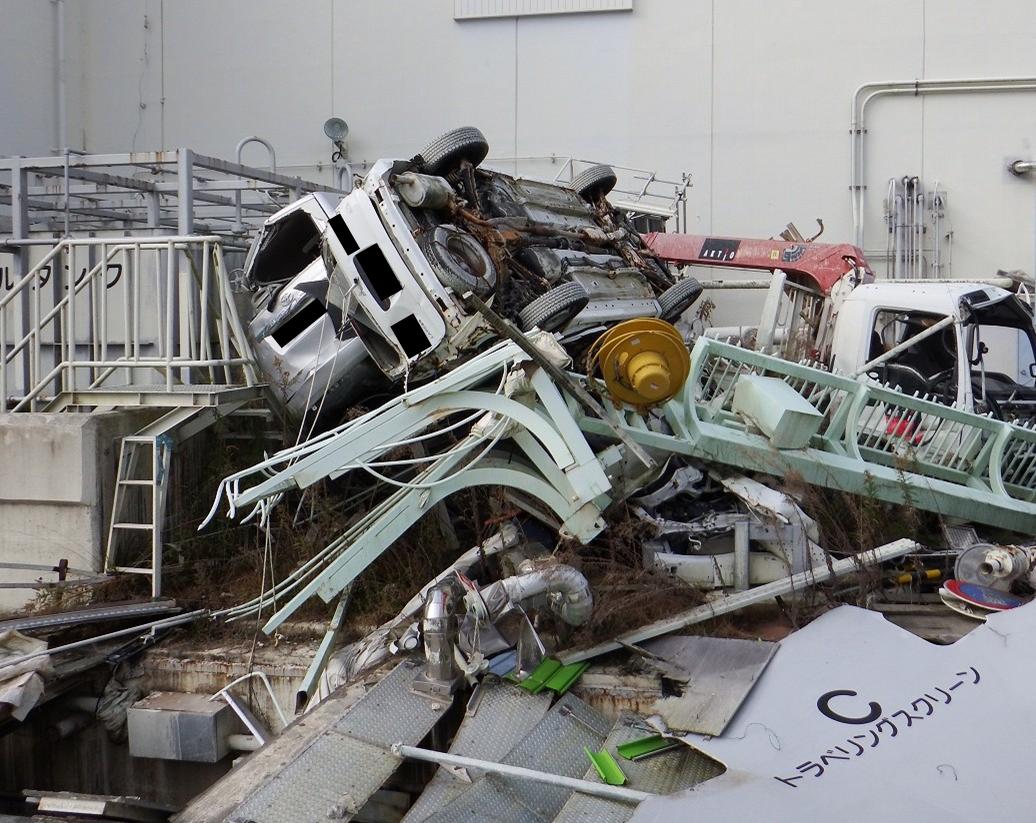
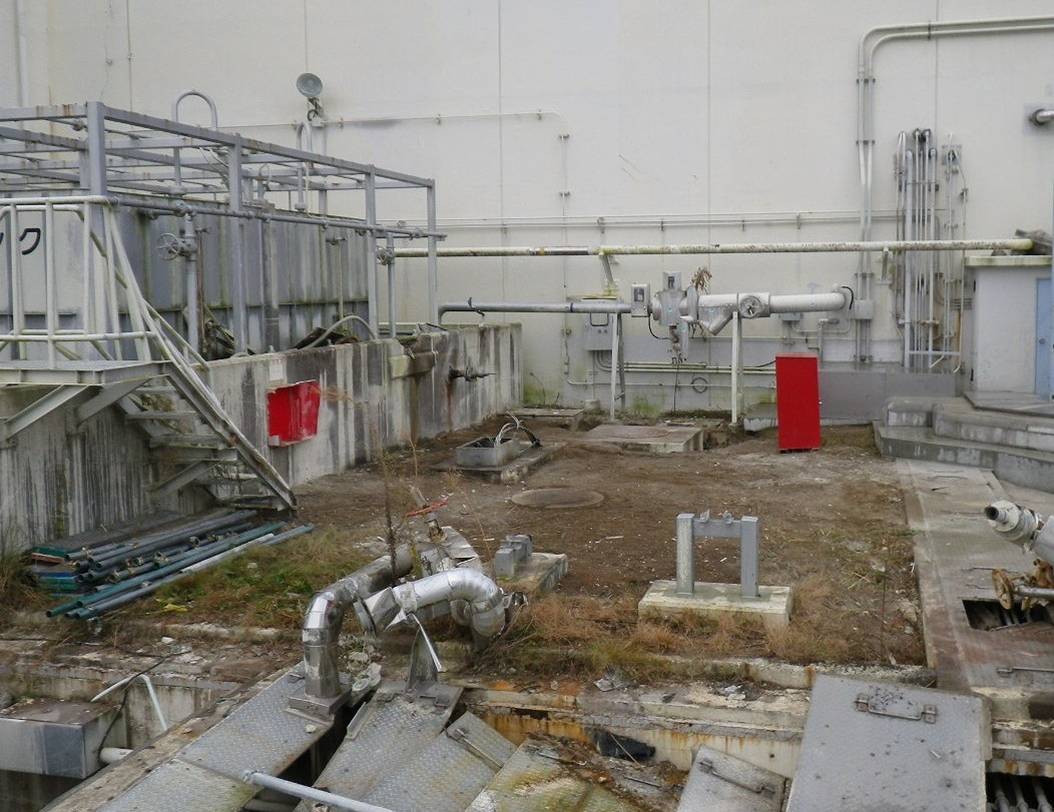
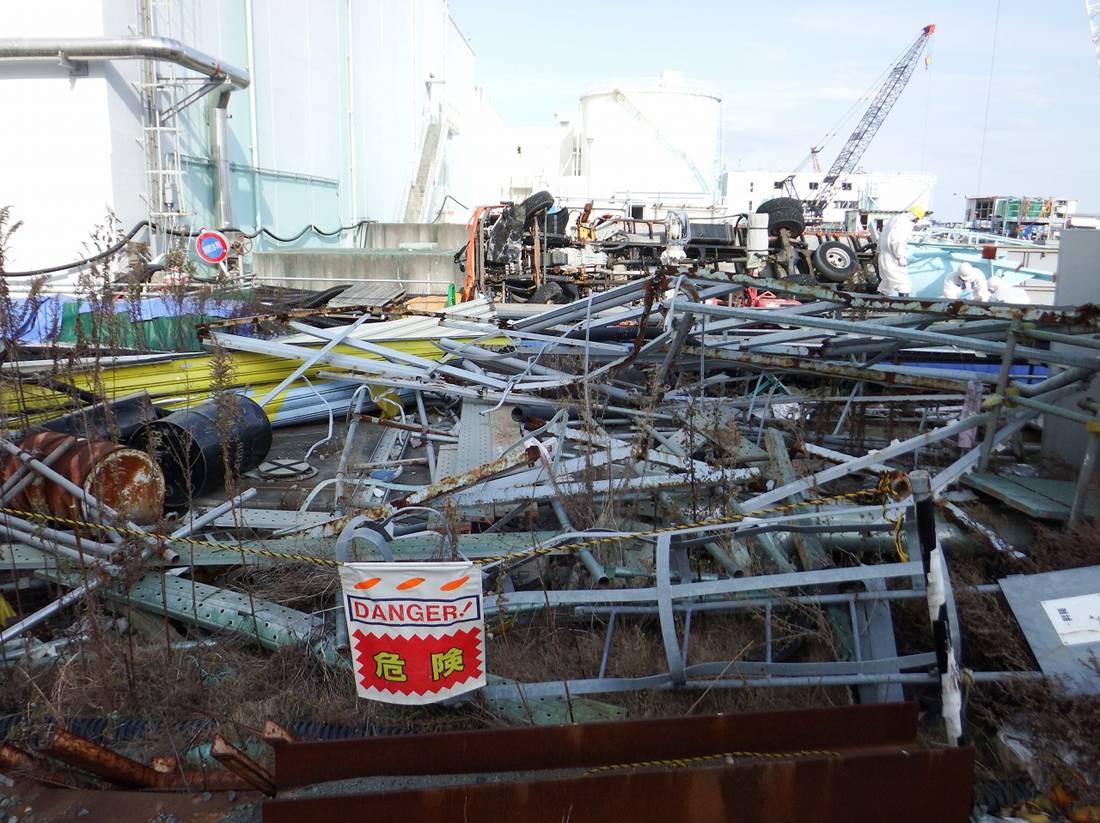
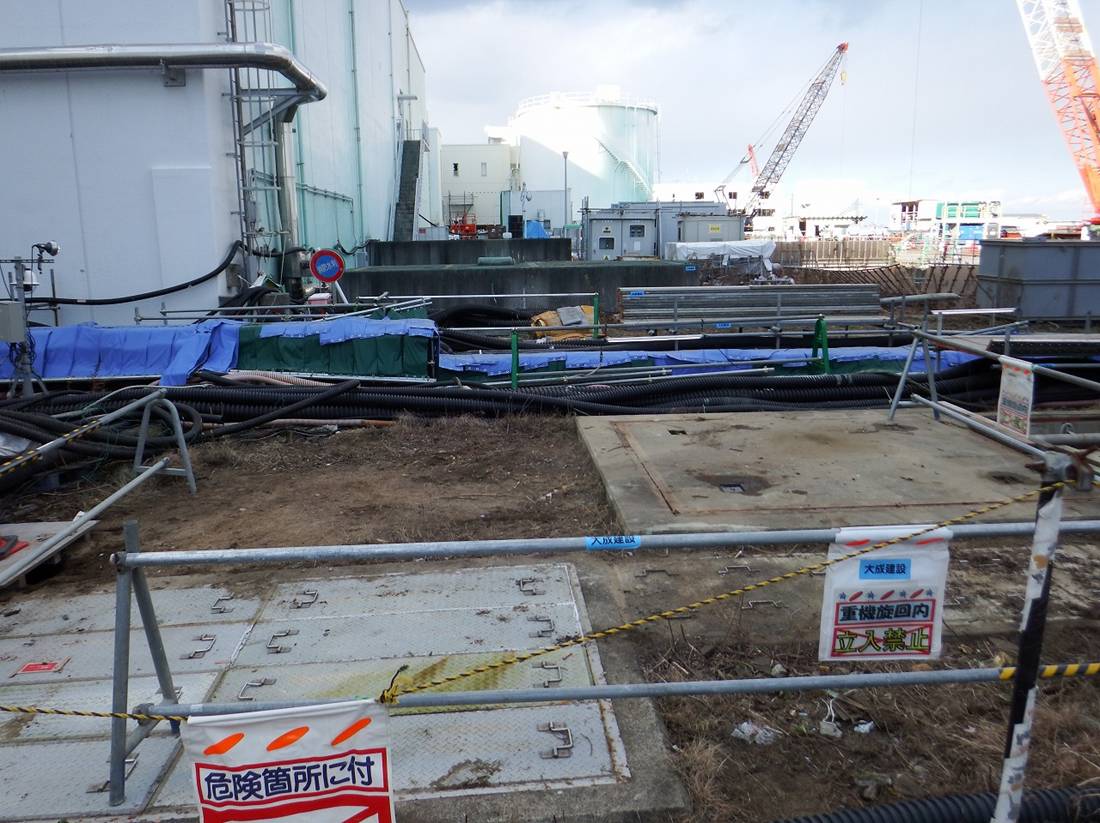
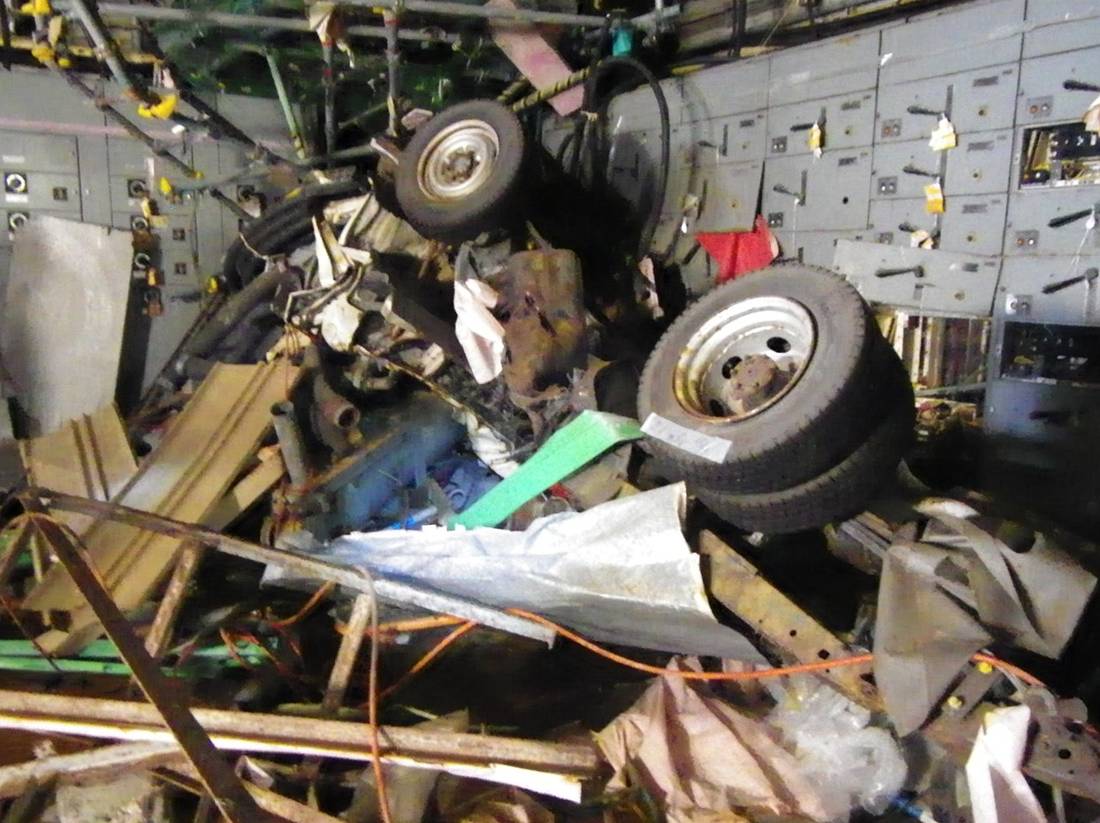
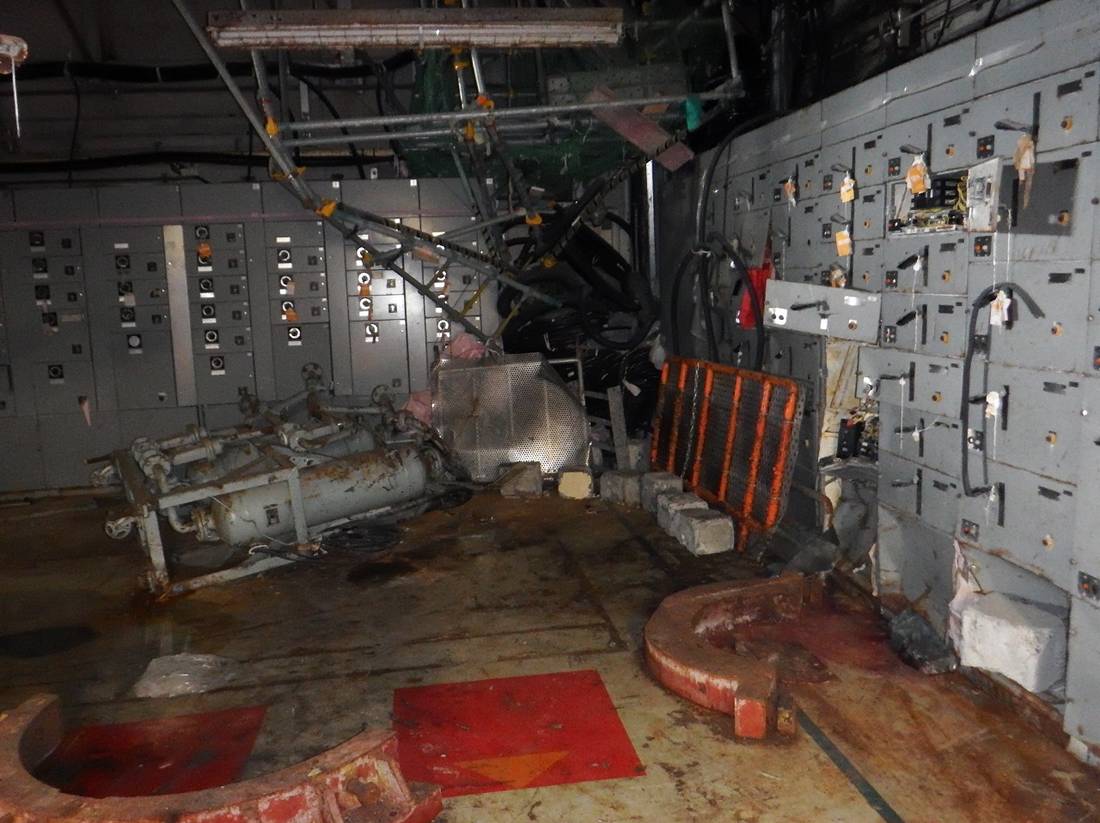
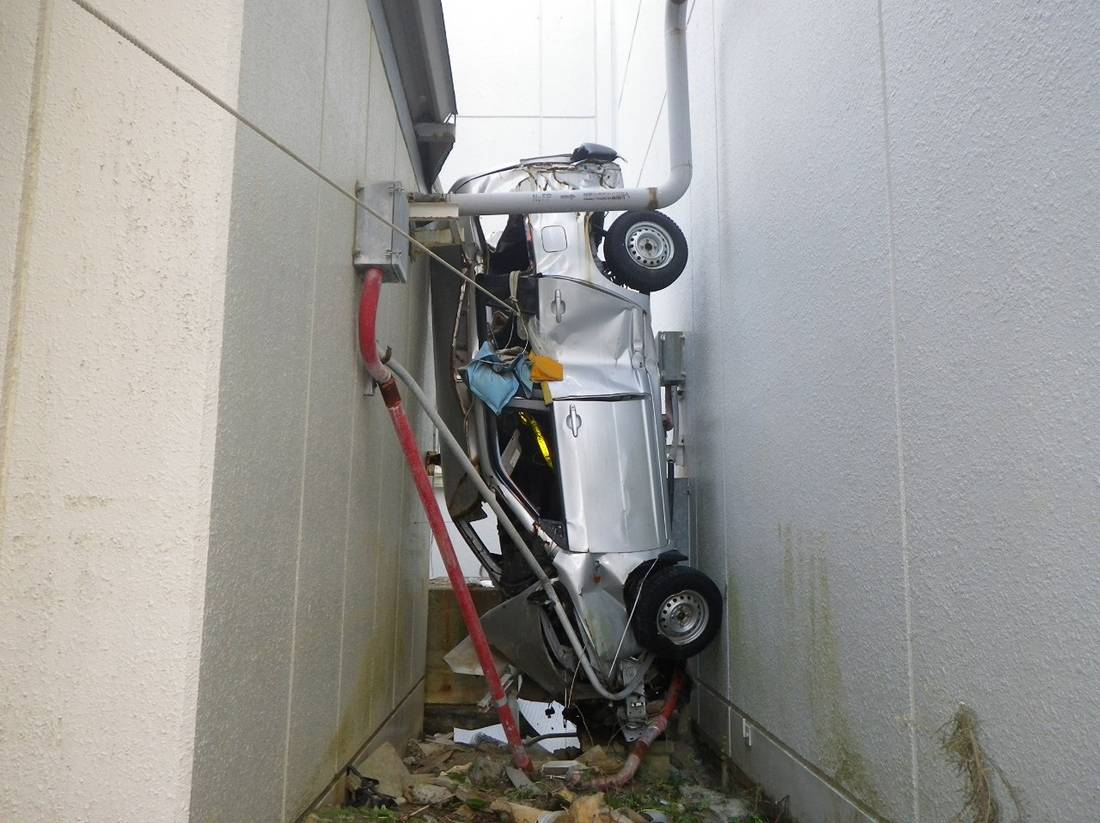
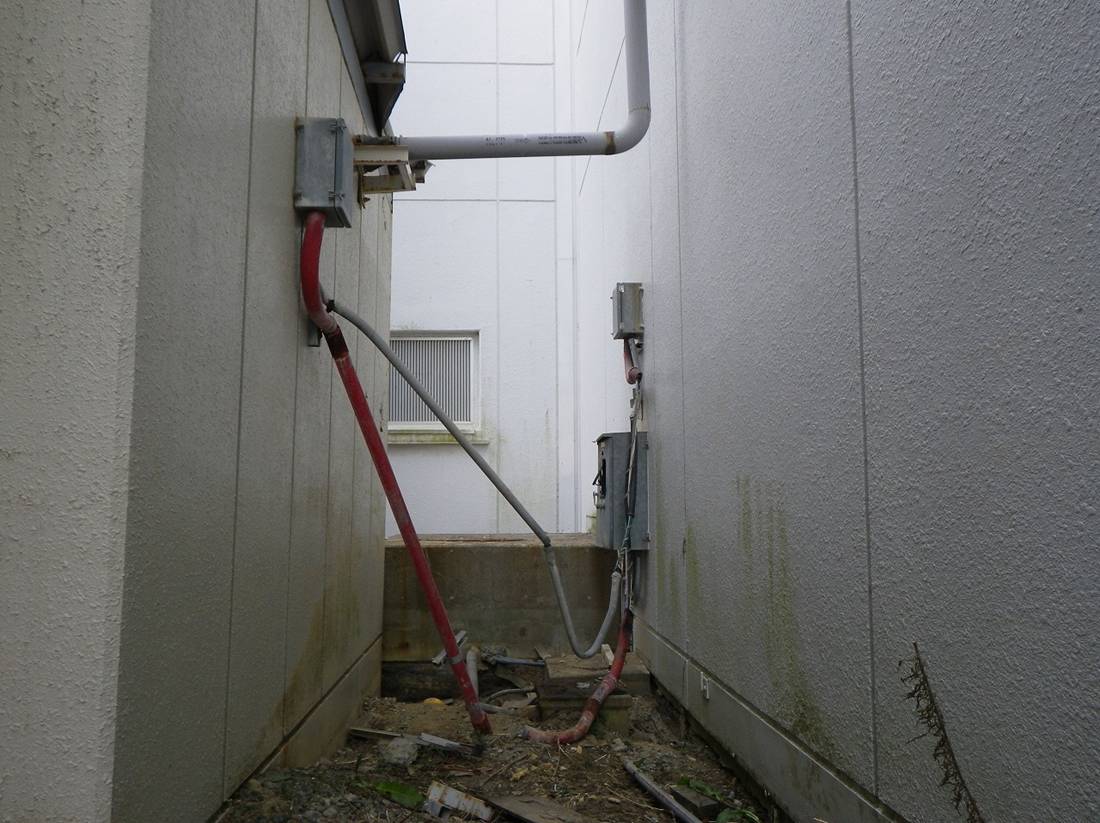






 Tokyo Time
Tokyo Time
![[Most Recent Quotes from www.kitco.com]](http://www.kitconet.com/charts/metals/gold/t24_au_en_usoz_2.gif)

